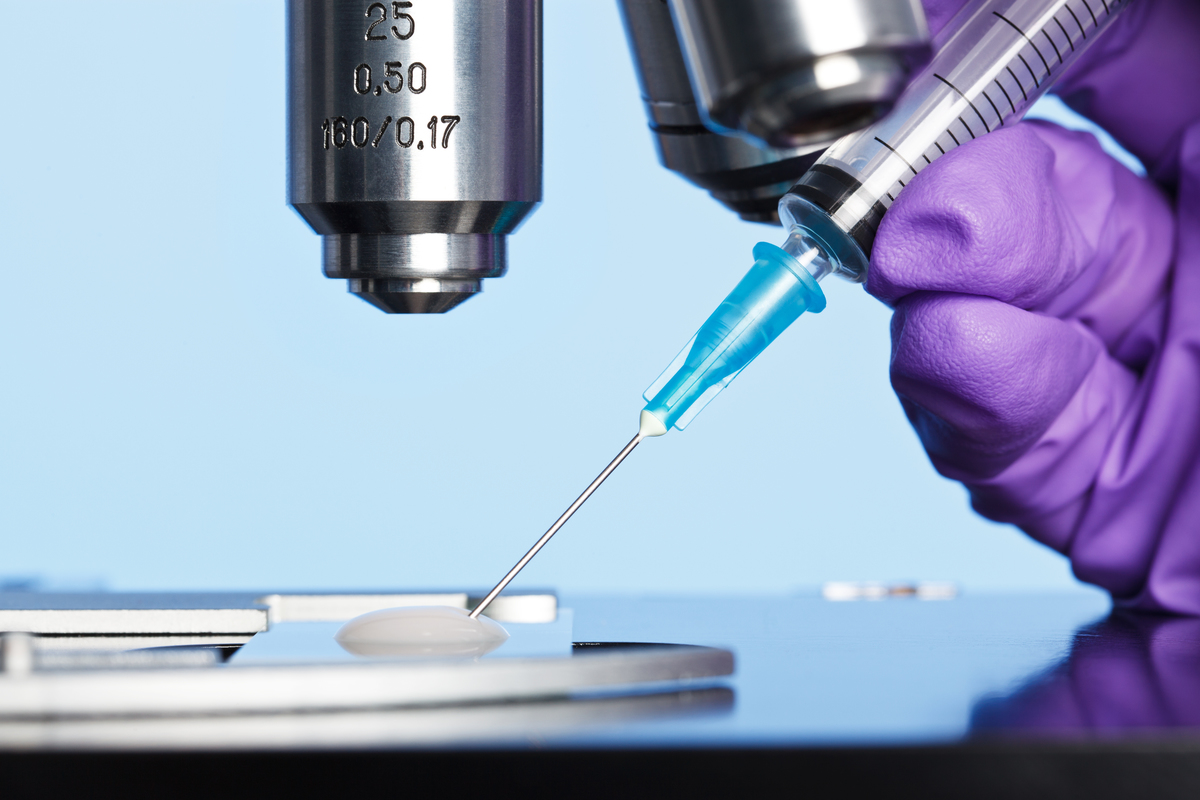The Hong Kong scientists discovered a universal antibody that neutralizes all HIV strains

A team of researchers from the University of Hong Kong reported on Friday that it was able to achieve "functional treatment" of HIV infection through the use of a special bispecific antibody. The main advantage of the latter, according to scientists, is its universality (acts against all known strains of the virus) and a long half-life.
A study conducted by a group of specialists led by Professor Chen Zhiwei on humanized rodent models showed that a new antibody can control HIV and eliminate infected cells. Moreover, according to the professor, the bispecific antibody discovered by him and his colleagues is universal: it can be used to control all strains of the virus. The findings of the group from Hong Kong were published in the Journal of Clinical Investigation.
The team leader noted that with regard to this antibody, we can talk about "functional treatment", that is, about the situation when PLWH in the presence of a sufficient concentration of antibodies in the blood will retain an undetectable viral load. Injections of the antibody will be done quarterly or even less frequently. This, the scientist emphasized, will become possible due to a much longer half-life period than existing antiretroviral drugs.
This advantage, the expert concludes, will facilitate the management of the virus, and will make treatment more effective by increasing patient adherence.
The developers expect that they can bring the antibody to clinical trials within 3-5 years.
Commenting on the results of the study, the Executive Director of AIDS Concern in Hong Kong, Andrew Chidgey (Andrew Chidgey), noted the unconditional promise of the detected antibody, but noted that it would be wrong to think that treatment will be available in the near future.
"The authorities are very slow to implement the program here [in China, - Ed.]. Therefore, the very fact of availability of the funds does not always indicate its widespread prevalence, or even does not affect it at all, "Chigi said.
We add that, according to international data, China continues to face considerable difficulties in coping with the HIV epidemic in high-risk groups, especially among MSM and commercial sex workers.
Experts say that in China today there are more than 850 thousand people living with HIV.



